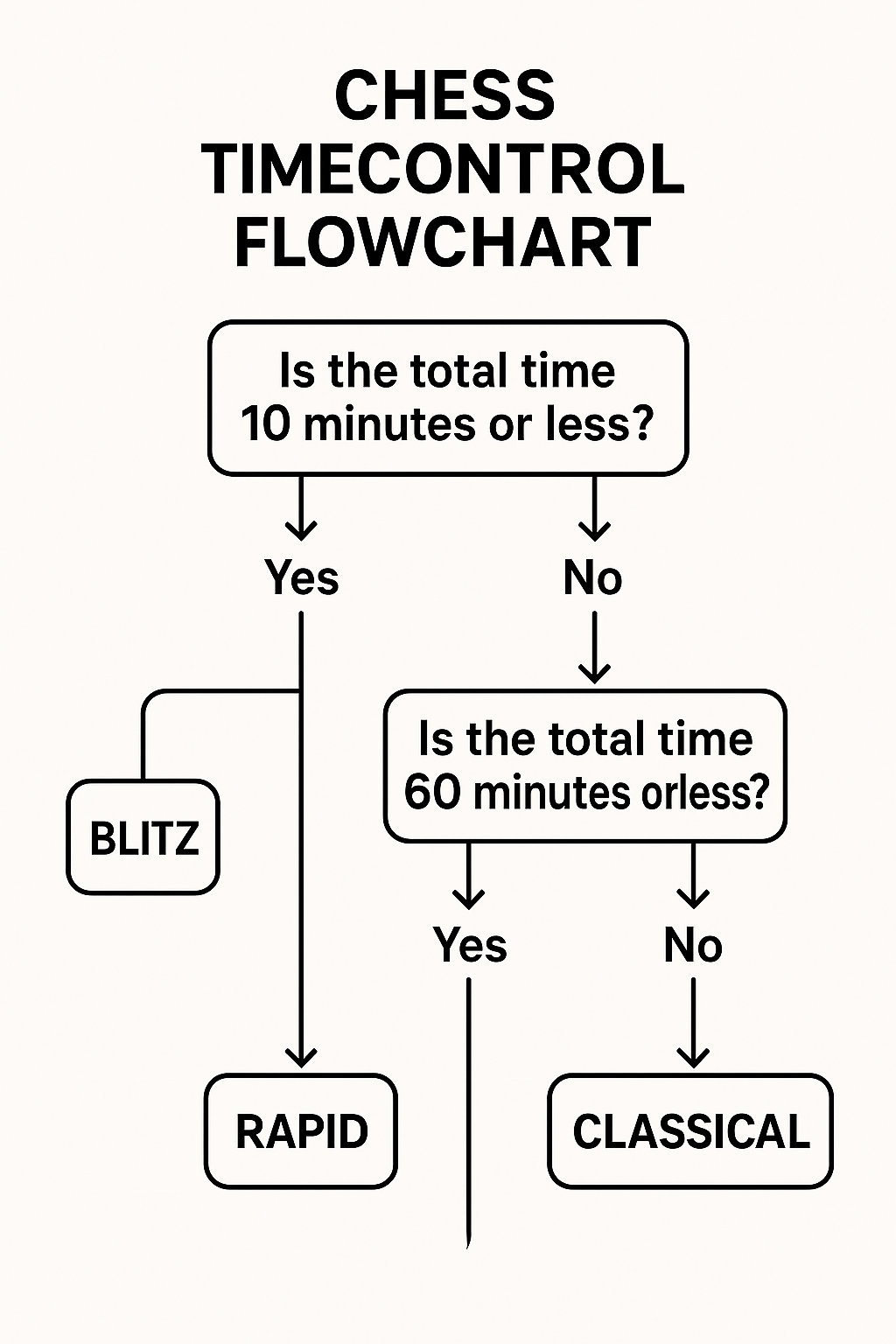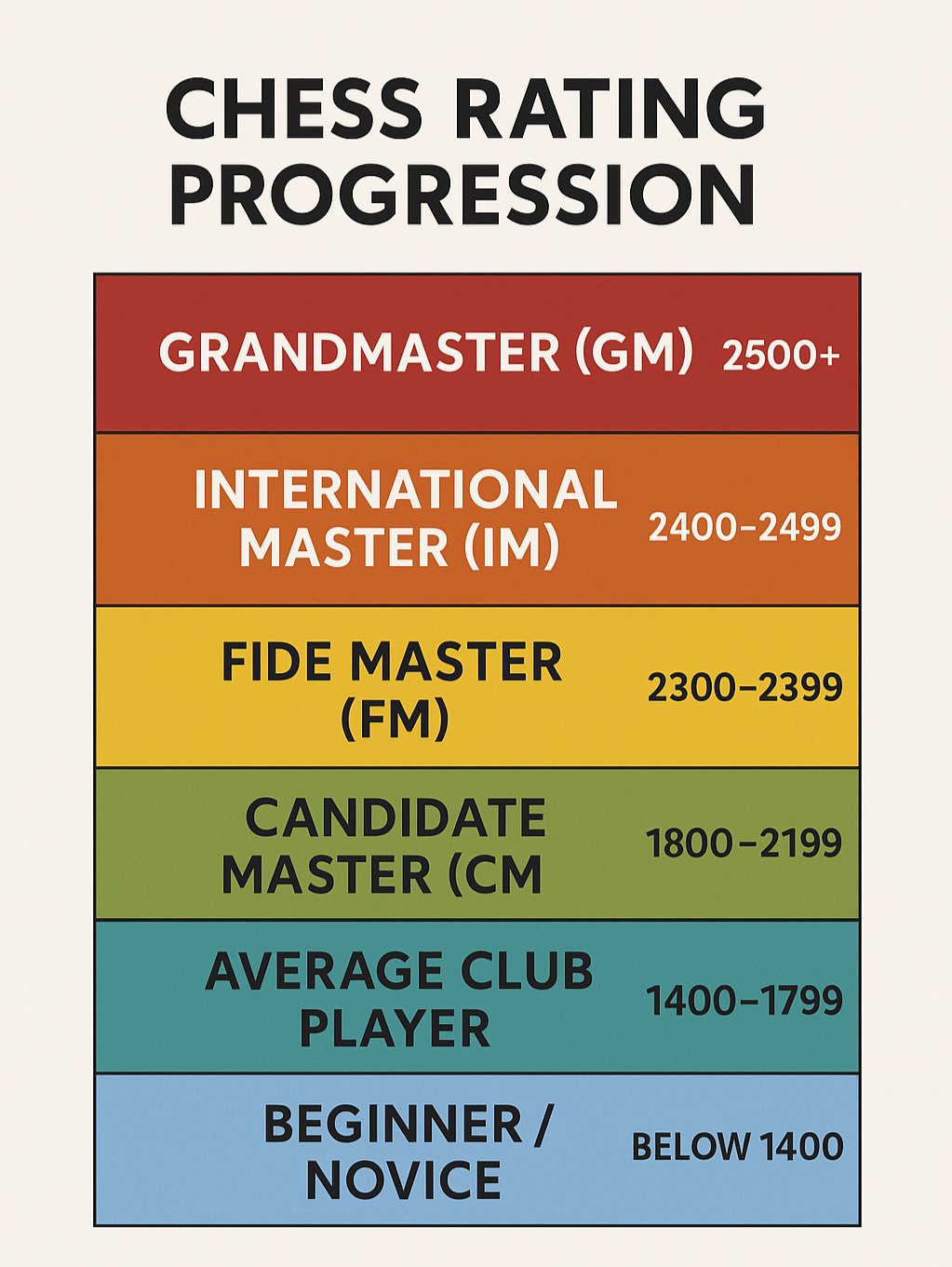Competition Rules
Official FIDE tournament regulations explained for young chess players
Tournament Formats
Chess competitions can be organized in different formats, each with its own advantages. Understanding these formats will help you prepare for any tournament.
Swiss System
Players are paired against others with similar scores. No one is eliminated - everyone plays all rounds!
Good For:
Large tournaments where everyone should get equal playing opportunities.
Round Robin
Each player faces every other player in the tournament. Common in small groups.
Good For:
Small tournaments (up to 10 players) to determine the absolute best player.
Knockout
Lose and you're out! Winners advance until only one champion remains.
Good For:
Exciting matches with dramatic conclusions, but less playing time for eliminated players.
Example Tournament
Our monthly academy tournament uses Swiss system with 5 rounds. Players get 1 point for a win, 0.5 for a draw, and 0 for a loss. Pairings are made each round based on current scores.
Time Controls
Time controls determine how much time each player gets for their game. Different time controls create different types of games.
| Type | Time Control | Description |
|---|---|---|
| Classical | 90+30 | 90 minutes per player + 30 seconds increment per move. Standard for serious tournaments. |
| Rapid | 15+10 | 15 minutes per player + 10 seconds increment. Faster but still strategic. |
| Blitz | 3+2 | 3 minutes per player + 2 seconds increment. Very fast-paced! |
| Bullet | 1+0 | 1 minute per player with no increment. Lightning fast reactions needed. |
Time Tip
The "+" in time controls means "increment" - extra seconds added to your clock after each move. Use your time wisely!

Tournament Conduct
Proper behavior in tournaments is essential. These rules help ensure fair play and good sportsmanship.
Tournament Checklist
Common Mistake
Many young players forget to press their clock after making a move. Remember: Move, then press! Otherwise your time keeps running.
Rating Systems
FIDE uses rating systems to measure player strength. Understanding ratings helps track your progress.
Rating Basics
Ratings start at 1000 for beginners. Average club players are 1500-1800. Grandmasters are typically 2500+. You gain points by beating higher-rated players and lose points when lower-rated players beat you.

Rating Example
If you (1200) beat a 1300 player, you might gain 16 points. If you lose to them, you might only lose 8 points. If you draw, you might gain 4 points (because they're higher rated).